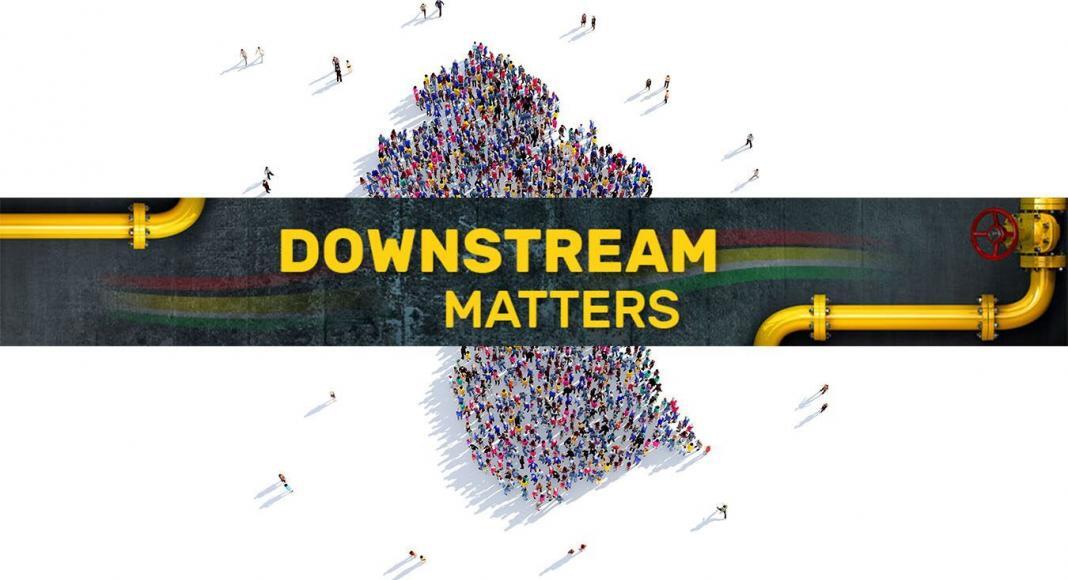By A. Bacchus
Safety is a universal guiding principle in the oil and gas sector, so much so that it has become embedded in the values of all companies operating in the sector. When major industry players like ExxonMobil, Hess and SBM Offshore began operating in Guyana, they brought with them a safety culture—a safety culture that was important for local companies to adopt if they wanted a place in the sector.
Prior to the development of the petroleum sector, Health, Safety, Security and the Environment (HSSE) standards were not given as much attention as they have been given today. Records show that in 2019, there were 506 industrial accidents and 19 deaths. In 2020, there was a sharp decrease in accidents but an increase in deaths with 35 deaths and 300 workplace injuries. Last year, there were 32 workplace-related deaths and over 300 workplace accidents. These deaths occur mostly in the mining, lumber, and agriculture sectors.
Over the years, increased attention has been placed on HSSE. In their bid to service the industry, local companies have now placed great emphasis in establishing and enforcing HSSE policies and protocols—and it has proven to be useful, not just in securing contracts but in securing the lives of their employees and improving their operations. Last month, I attended a graduation ceremony for 25 local companies that completed a HSSE Management System Mentorship Programme through the Centre for Local Business Development. The categories of companies that pursued this training and certification were broad and included fabrication, waste disposal, logistics, medical, law, engineering, and communications firms, among others.
It was explained that the programme encompasses an evaluation of the businesses’ processes, site visits and the creation of documentation and processes, assessment sessions and follow-up visits. It was at that event that I ran into an old friend who was there to receive the certification on behalf of the company he works with. Chaavi Deodat is the Health Safety Environment and Quality Manager at Arrow Oilfield Services Incorporated, which was established in 2017 and began servicing the oil and gas sector the next year. He explained that utilising the programme was important for the company to develop a safety culture in their daily operations. “This programme initiated changes for the better across AOSI because gaps were closed which had room for unseen incidents. The HSE mentorship developed an importance in commitment from Top Management and the roles and responsibilities we have to fulfill in order to train and educate our staff,” he shared. Other participants have also shared how implementing such systems in the workplace have resulted in more employee confidence and less accidents which cause loss of time or halts in their operation.
At that very event, Minister of Labour Joseph Hamilton in his remarks noted the trend in Guyana as it relates to workplace accidents and fatalities. He spoke of the importance in transitioning this safety culture from the oil and gas industry to all industries, noting that the number of workplace accidents when compared to the population size of the country is worrying. There are many lessons to be learned from the sector and the ripple effect from the industry goes beyond contracts, income and employment. It has now gone into the realm of preservation and protection of human life.



